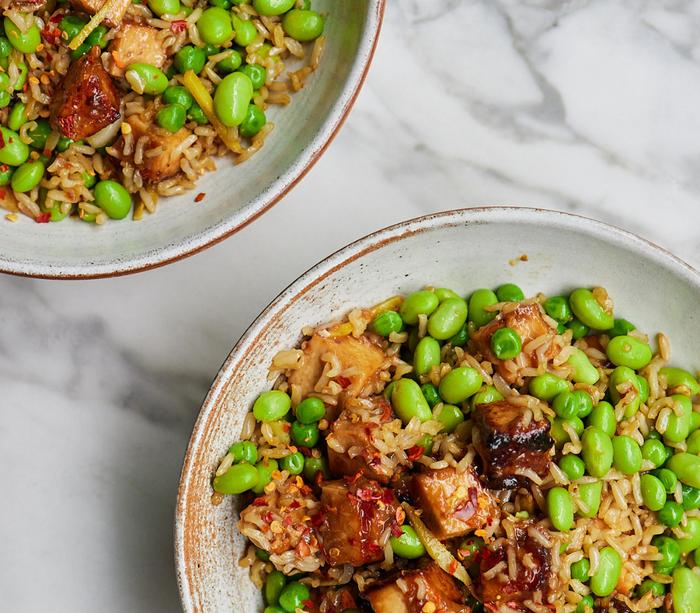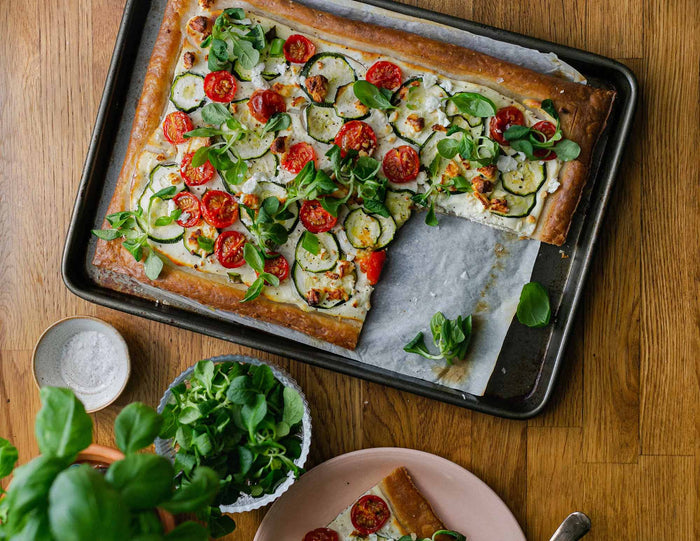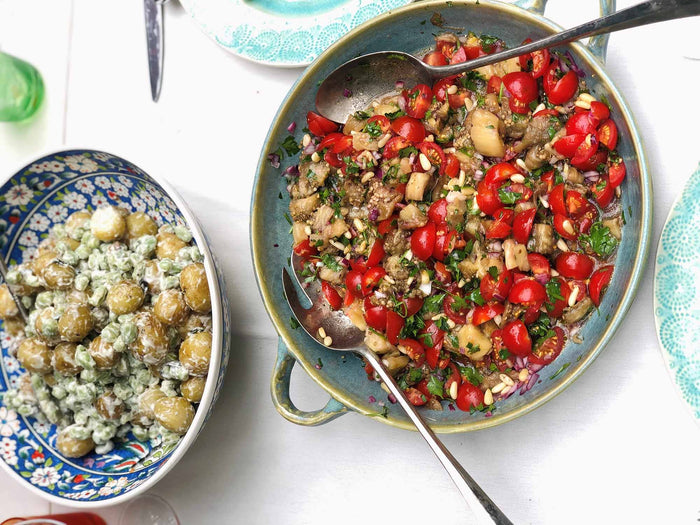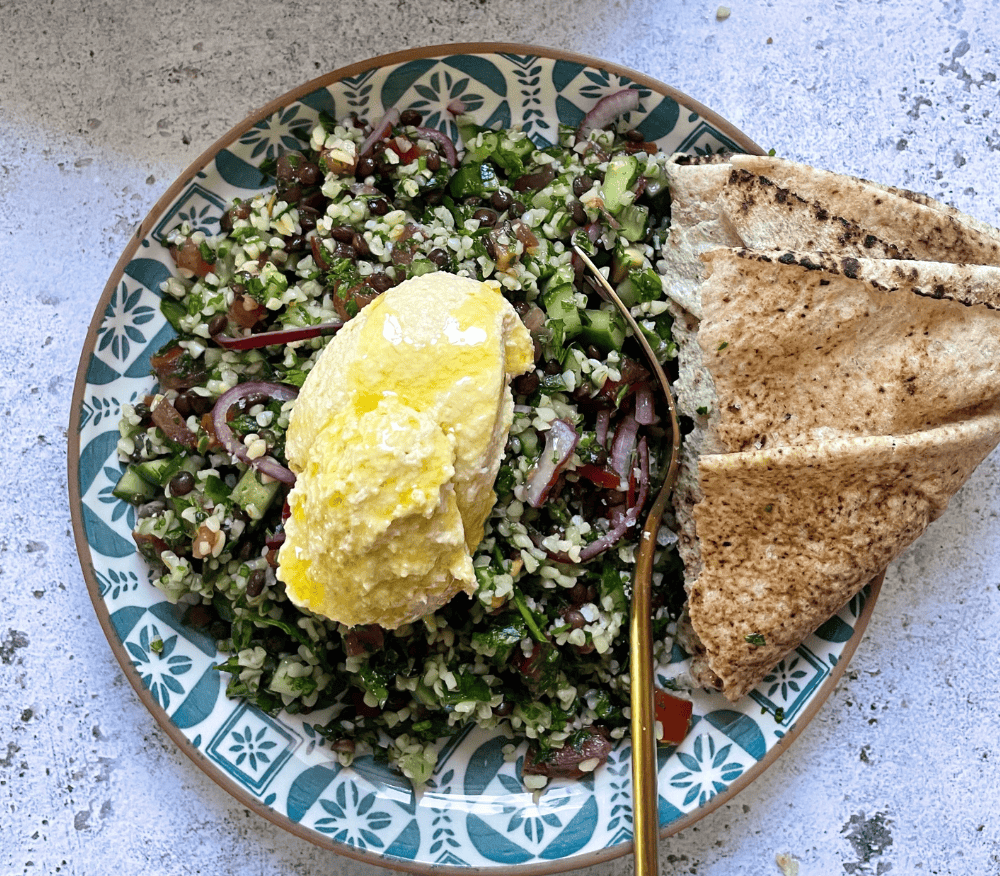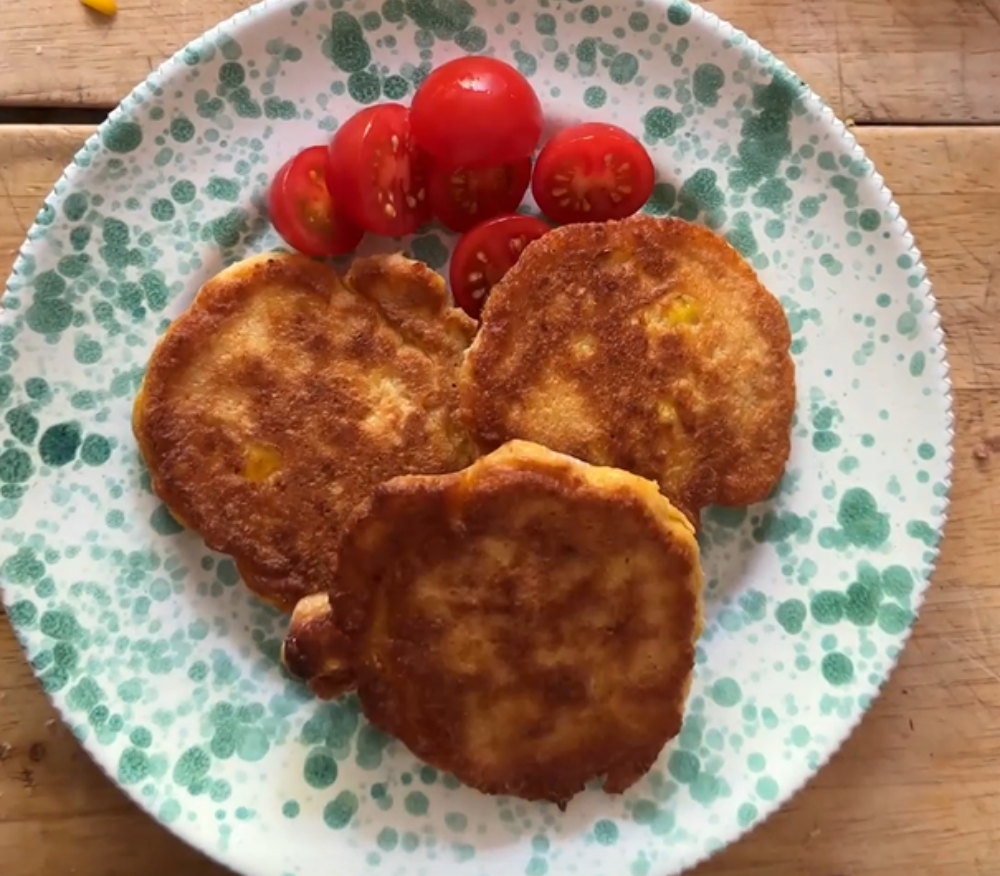October: Week Seven
Hit play on our relaxed cooking playlist
Day 1: Sticky Miso Tofu Bowl
How does it support my immune health?
Tofu is made from soybeans and is a good source of protein, vitamins A, C, D, E, K, and the B vitamins and minerals including calcium, phosphorus, potassium, magnesium, iron, zinc, manganese, selenium, and copper), as well as omega-3s.
Edamame beans contain compounds, such as isoflavones (mainly genistein and daidzein), which are linked with anti-inflammatory effects.
Day 2: Dark Chocolate and Cherry Cookies
How does it support my immune health?
While dark chocolate is linked with anti-inflammatory effects, a key ingredient in these cookies is oats - a versatile wholegrain that support immune health in different ways.
For example, they contain an abundance of nutrients including fibre (such as beta-glucans), copper, iron, selenium, zinc, as well as polyphenols such as ferulic acid and avenanthramides. Collectively, these can bolster defence against several infections, such as the common cold.
Day 3: Tomato, Courgette and Ricotta Tart
How does it support my immune health?
Colourful Mediterranean veggies such as courgette, peppers, and tomatoes are packed with a variety of nutrients needed for an optimal immune system.
For example, tomatoes and tomato products (e.g. tomato puree, tomato juice) are major sources of lycopene – a plant chemical found in highest amounts in the skin and acts as a powerful antioxidant. Lycopene can increase antibody production by specialist immune cells called B cells. Antibodies attach to harmful invaders - such as bacteria and viruses – and neutralise them.
Day 4: Smokey Aubergine, Pine Nut and Cherry Tomato Salad
How does it support my immune health?
A key ingredient in this dish is aubergine (or eggplant). These are particularly high in anthocyanins – the purple pigments found in the skin. Anthocyanins have potent anti-inflammatory effects and support immune health by neutralising harmful compounds (known as free radicals) that are known to damage cells.
Tomatoes and tomato products (e.g. tomato puree, tomato juice) are major sources of lycopene – a plant chemical found in highest amounts in the skin and acts as a powerful antioxidant. Lycopene can increase antibody production by specialist immune cells called B cells. Antibodies attach to harmful invaders - such as bacteria and viruses – and neutralise them.
Day 5: Lentil Tabbouleh
How does it support my immune health?
The lentils in this dish are packed with fibre, containing an impressive 8g per half can. Specifically, lentils contain prebiotics – a type of fermentable fibre that acts as ‘food’ for your gut microbiome. In return, your gut microbes release health-promoting compounds into the gut, such as short chain fatty acids (SFCAs).
Bulgur wheat is a good source of several B vitamins – these vitamins play a role in shaping the health of the gut microbiome.
Day 6: Sweetcorn Fritters with Quick Salsa
How does it support my immune health?
Sweetcorn contains around 2.5g of fibre per half can. It’s also an important source of several immune-supporting vitamins and minerals including vitamin C, iron, B vitamins, magnesium and potassium.
Another key ingredient in this dish is egg. Eggs are rich in protein which acts as building blocks for all immune cells and antibodies.
Day 7: Cauliflower Traybake
How does it support my immune health?
Cauliflower is part of the cruciferous veggie group which also includes broccoli, cabbage, and kale. This group is an important one because it contains distinctive sulphur-containing plant chemicals, including glucosinolates. Glucosinolates are almost exclusively found in these veggie types and have been linked with anti-inflammatory and immune-strengthening effects. In fact, studies have shown a lower risk of gut-related cancers with increased consumption.
Almonds are rich in several nutrients known for supporting immunity, including vitamin E. In fact, vitamin E has potent anti-inflammatory effects and is well recognised for its role in immune function (especially specialist T cells) and helping to reduce the risk of infections.
Hungry for more? Dig into the next batch of gut-immune-supportive recipes
Discover more tips to help support your gut-immune connection.





